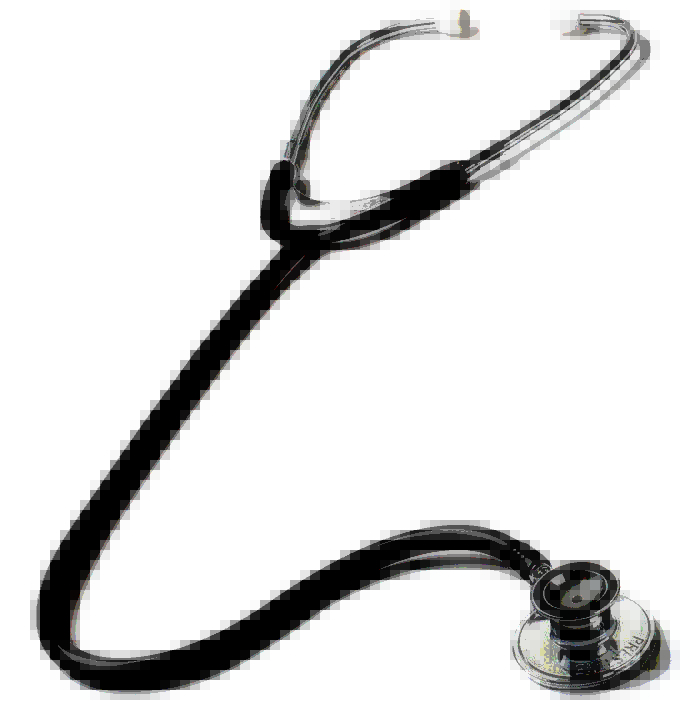Young docs' stress surveyed
 A new survey shows Queensland’s junior doctors are increasingly concerned that overwork and fatigue may lead to them making medical mistakes.
A new survey shows Queensland’s junior doctors are increasingly concerned that overwork and fatigue may lead to them making medical mistakes.
The latest Australian Medical Association (AMA) Queensland Resident Hospital Health Check surveyed 719 doctors in training at Queensland hospitals.
It found that almost 60 per cent were concerned about making a clinical error due to fatigue caused by hours worked, up from 51 per cent last year and 48 per cent in 2020.
AMA Queensland’s Dr Rob Nayer says the steady increase in concern about possible fatigue-induced clinical errors highlights the toll COVID-19 has taken on the medical profession.
He also said it highlights the failure of hospital authorities to take enduring action on both the hours worked and the quality of formal and bedside teaching and training.
“Every year, more and more doctors in training raise fatigue and overwork as a key concern, and the pandemic has exacerbated the pressure,” Dr Nayer said.
“This year we have seen unprecedented stresses on our hospitals, doctors, and all healthcare workers. We know ambulance ramping and access block remain big issues around the state, and it’s really showing a negative impact on the frontline health care providers, which is frequently our junior doctor workforce.
“Doctors, nurses and all healthcare staff are exhausted and now, more than ever, hospitals need to provide a safe, supportive environment for staff.
“AMA Queensland will be taking these results to tomorrow’s Queensland Health Workforce Summit. We need urgent and sustainable action to train and retain our doctors.”
This year, the survey contained new questions about the quality of formal and bedside teaching and training, and whether hospitals are doing enough for staff mental health and wellbeing.
Only 38 per cent of respondents were satisfied with their formal training, and just one in four with their bedside training, while only 39 per cent thought their hospital was looking after mental health and wellbeing adequately.
“These findings are particularly important ahead of tomorrow’s summit,” Dr Nayer said.
“Poor training leaves junior doctors feeling unprepared, which affects mental health and contributes to their fear of making mistakes.
“If we’re not training our doctors properly, we won’t have a future generation of specialists to give Queenslanders the high-quality healthcare they deserve.”
The survey highlighted some encouraging improvements, with a slight drop in the percentage of respondents experiencing bullying, discrimination and/or harassment and a rise in confidence that reported incidents are being appropriately addressed by hospitals.
However, three-quarters (75 per cent) were concerned there might be negative consequences for reporting incidents, compared to 71 per cent last year and 55 per cent in 2019 - before the pandemic started.
Five in six respondents (85 per cent) were paid all the un-rostered overtime they claimed, up from 76 per cent last year, and only 17 per cent reported being advised not to claim overtime - a big improvement on 25 per cent in 2021 and 27 per cent in 2020.
However, one in four still said they were concerned claiming overtime may negatively affect their assessment.








 Print
Print